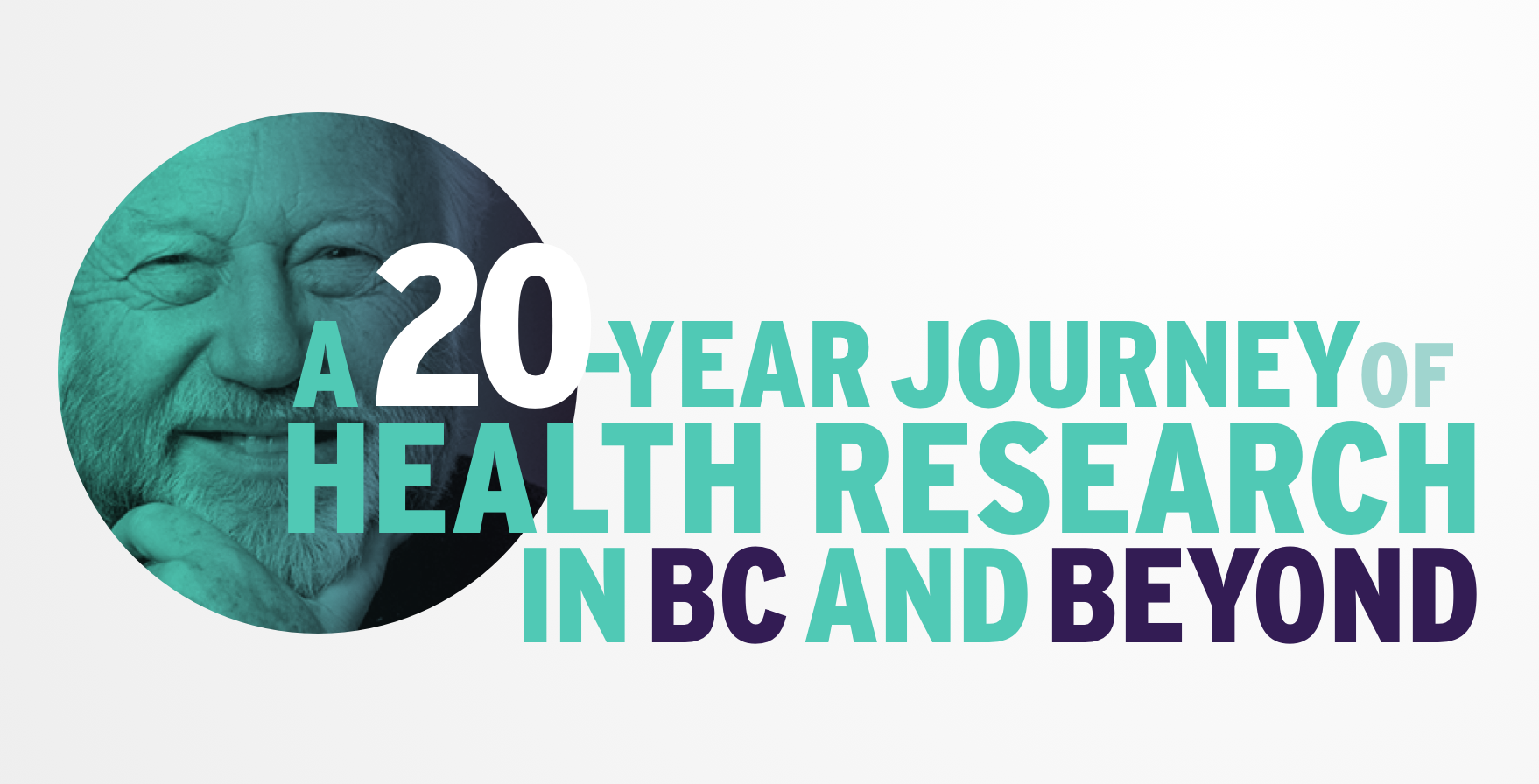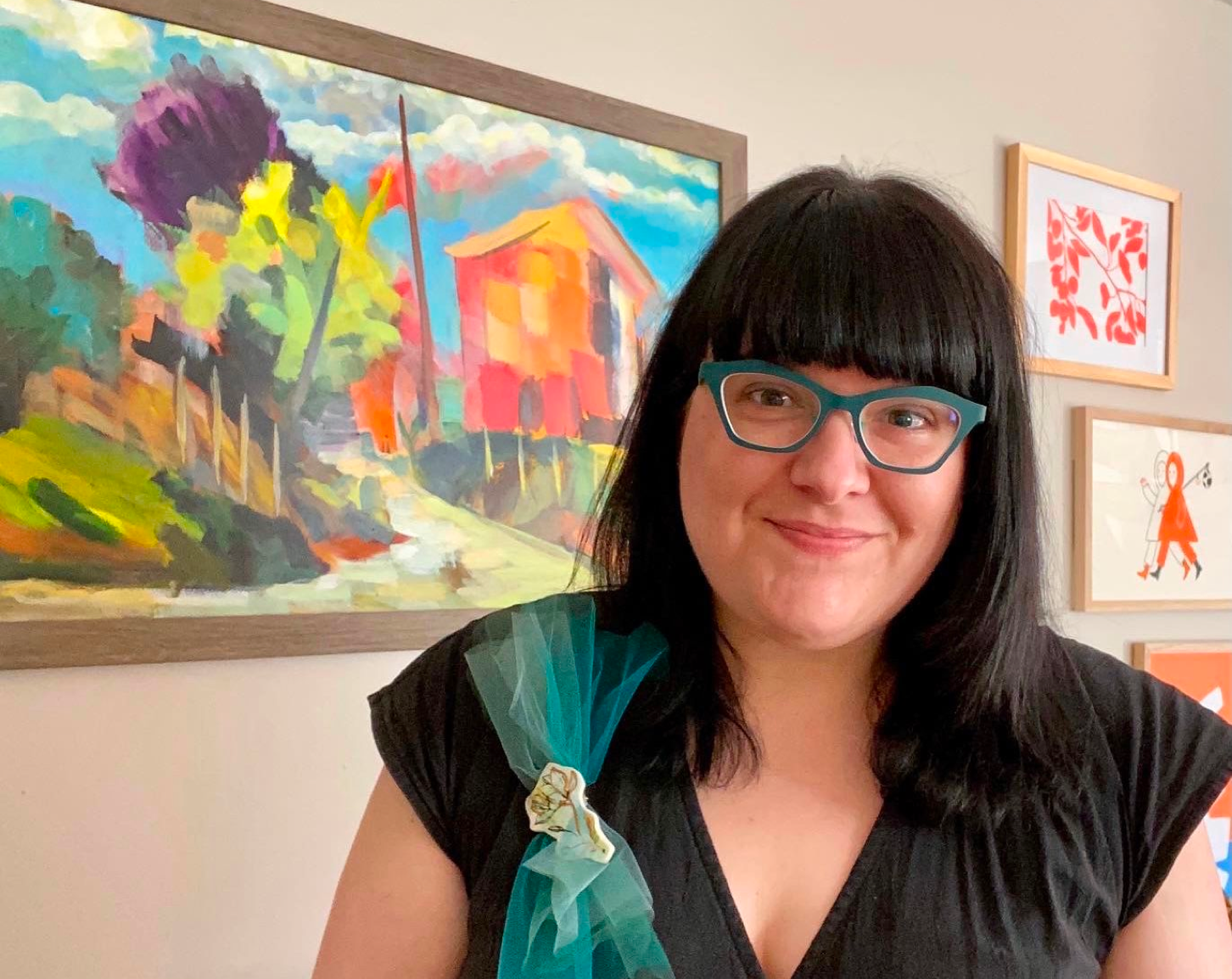A 20-year journey of health research in BC: Streamlining the ethics review process
24 June 2021
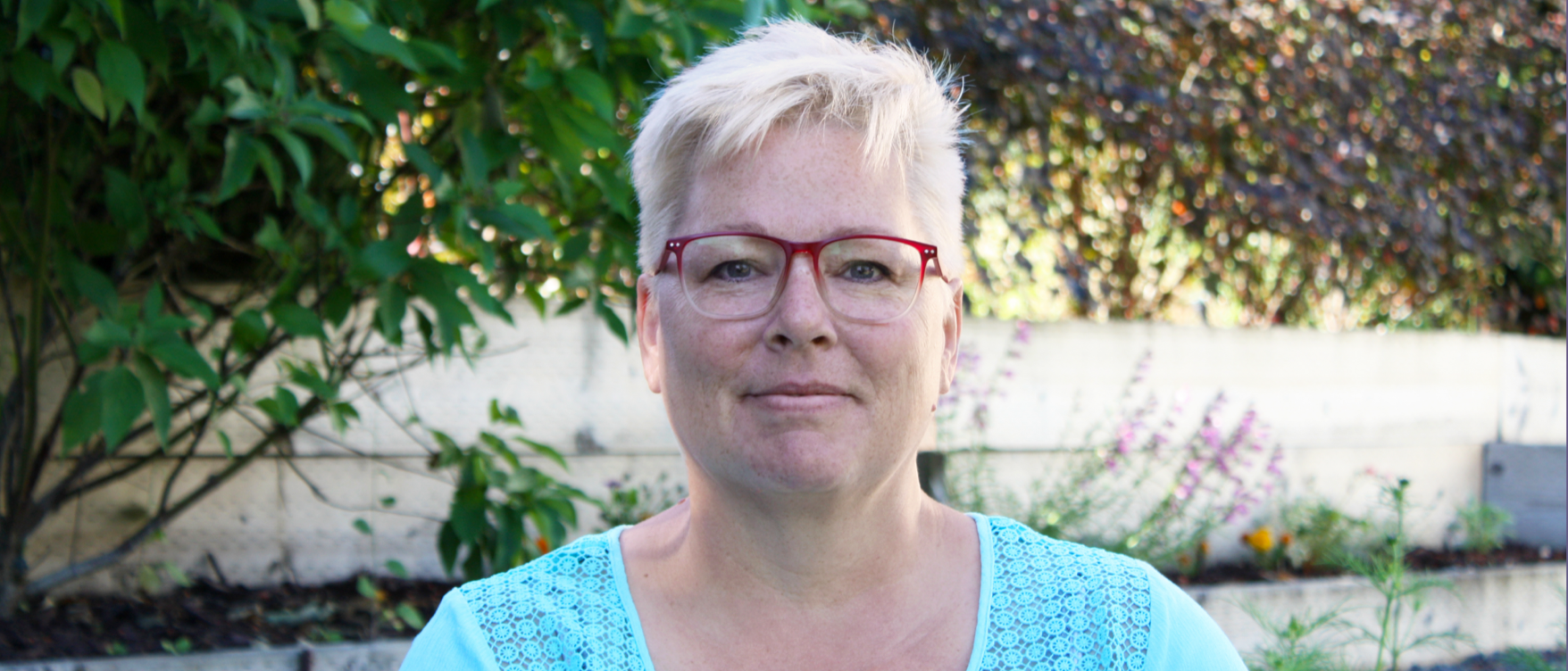
Terri Fleming, Unit Director, Research Ethics BC. Photo credit: Paola Pinto Vidal
Terri Fleming: Streamlining the ethics review process
In the early 2000s, BC’s fragmented ethics review process had become increasingly frustrating for health researchers undertaking studies across multiple regions or health authorities in BC, as it limited their ability to complete timely research that could support BC’s health system. As the funding agency for health researchers, MSFHR was paying close attention, and knew that a coordinated, provincial approach for ethics review was needed.
In 2010, funded by a $1 million MSFHR grant, the BC Ethics Harmonization Initiative (BCEHI) was born. Its goal was simple but complex: streamline the process to allow researchers to submit a single ethics application for projects that involved human participants, regardless of the number of BC jurisdictions involved in a project. By using more timely and efficient processes, the harmonization aimed to make BC a more attractive research environment. It also standardized processes for research ethics boards, ensuring review quality and compliance with national policies.
“We would meet in Vancouver at the Michael Smith Foundation offices and work all day to understand each other’s perspectives and come to an agreement on the fundamentals.”
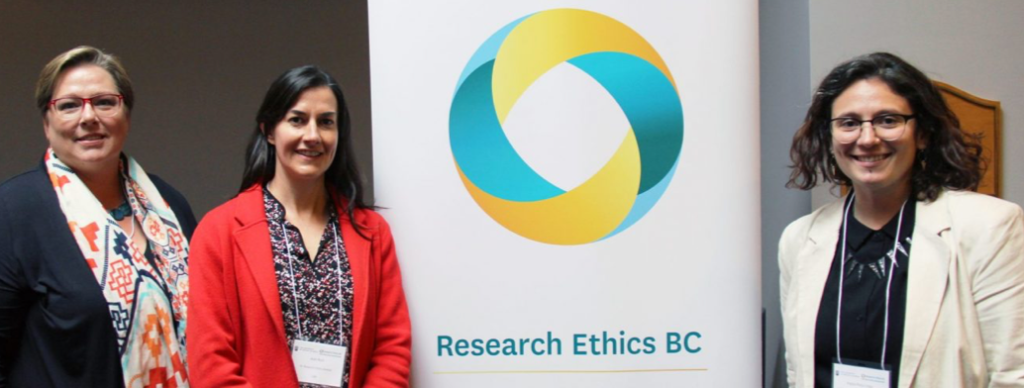
Photo credit: Research Ethics BC
“Everyone involved in those early stages had boots on the ground,” says Terri Fleming, former chair of the BCEHI and now the unit director of Research Ethics BC, the organization that streamlines and facilitates the harmonized review process for health researchers across the province. “We were research ethics coordinators, and chairs of research ethics boards, and there were a lot of differing perspectives around the table. Even the expected timelines for review at each institution were different,” she reminisces. “We would meet in Vancouver at the Michael Smith Foundation offices and work all day to understand each other’s perspectives and come to an agreement on the fundamentals.”
Today, this collaboration and network between BC’s regional health authorities and major research universities and colleges collectively conduct more than 80 per cent of the province’s human participant ethics reviews.
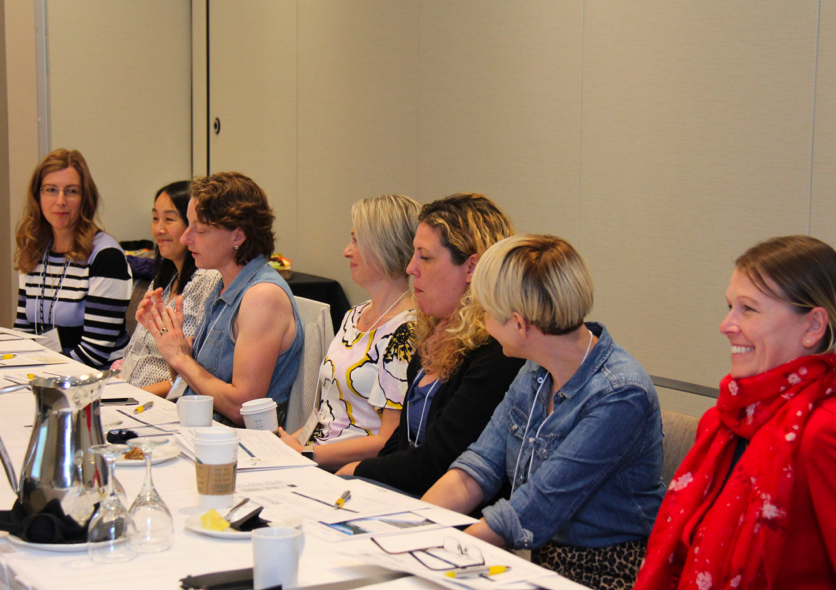
When BCEHI was first created, Terri was working on research ethics within a health authority. She notes that although the research ethics teams at different institutions and health authorities knew of each other, they didn’t know each other well. However, all the institutions and BCEHI committee members were committed to protecting the rights and interests of individuals who participated in health research, while ensuring that the ethics boards did not hinder the research process.
BC was one of the first provinces to pull together a collaborative research ethics model and there was much work to be done. Between 2010 and 2017, BCEHI worked to break down silos between the partner organizations to eventually create and implement a harmonized review process. This included the creation of a shared, online Provincial Research Ethics Platform (PREP), hosted by UBC, for health researchers to submit their applications, which was also partially funded by MSFHR. In 2018, BCEHI became a part of the British Columbia Academic Health Science Network (BC AHSN) and changed its name to Research Ethics BC.
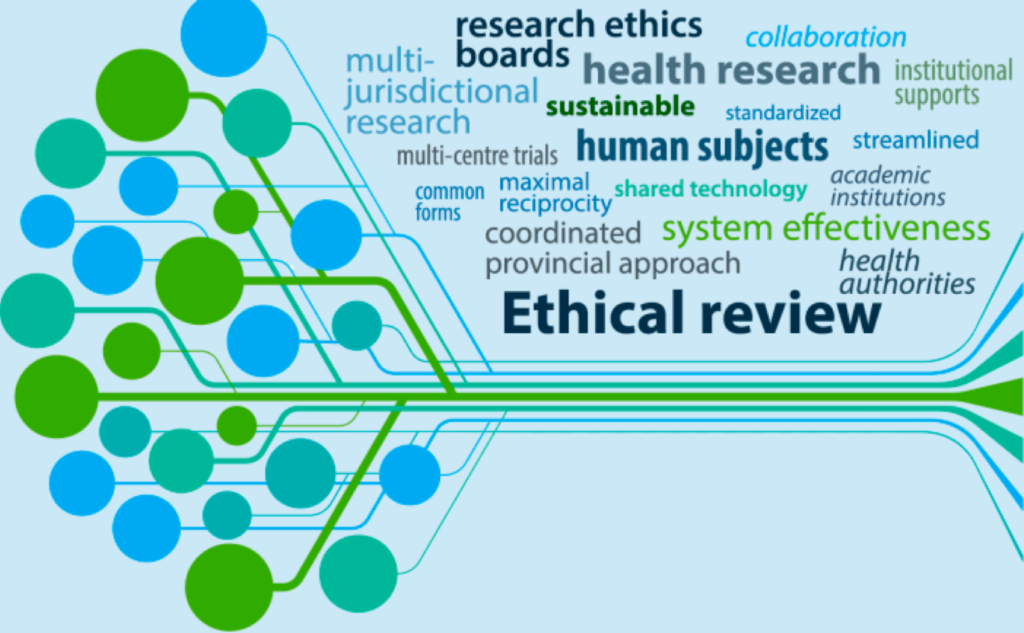
The integration with BC AHSN brought additional support and opportunities to Research Ethics BC. Over the past three years, the core team has moved from a working group to an Advisory Council structure that includes strategic advisors in research and institution leaders across the province. Today, this collaboration and network between BC’s regional health authorities and major research universities and colleges collectively conduct more than 80 per cent of the province’s human participant ethics reviews.
While making strides to improve the ethics process for health researchers, the Research Ethics BC team also makes time to take care of each other. “It’s not easy to be a research ethics reviewer. It’s emotional work,” Terri says. “It began as a collaborative group that didn’t know each other well. Now we’re friends. We support each other, and learn from each other. I could not have predicted this level of support for improving processes when I became chair in 2013. Thank you to the senior leaders who committed to this transformation and growth.”
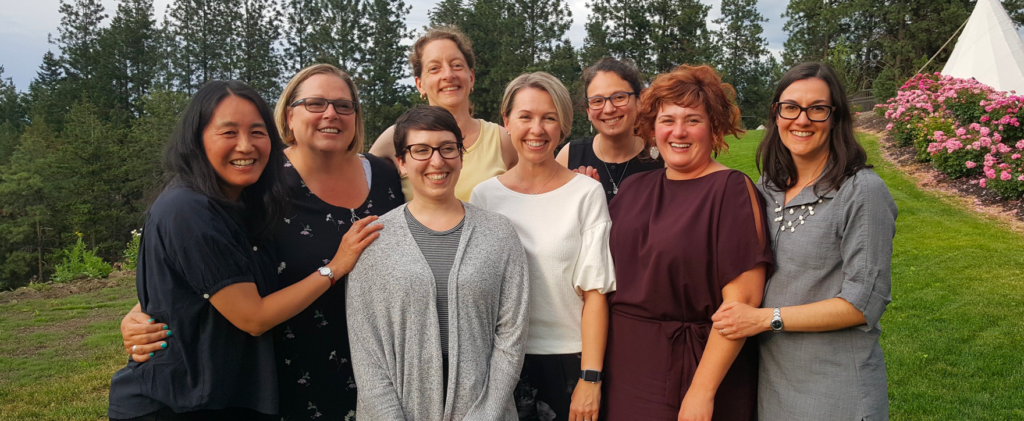
Learn more:
BC Ethics Harmonization Initiative
Collaborative Approach to Ethics Harmonization Paying Off (MSFHR, May 2015)




